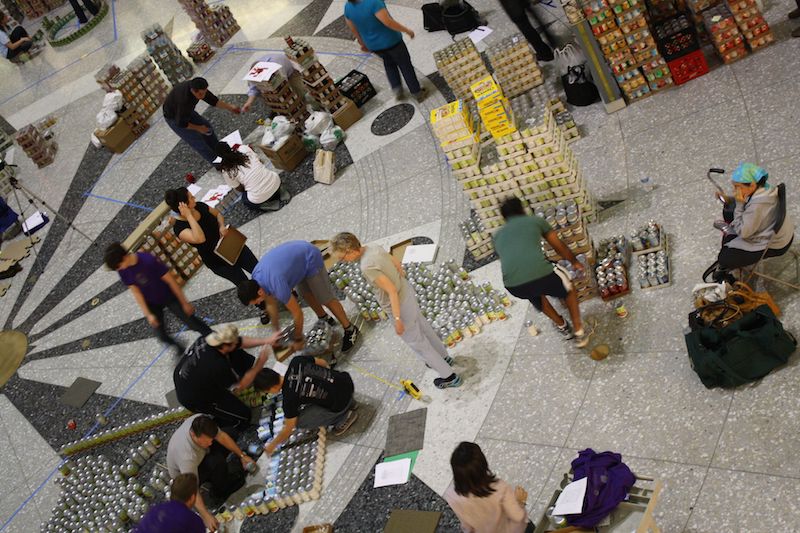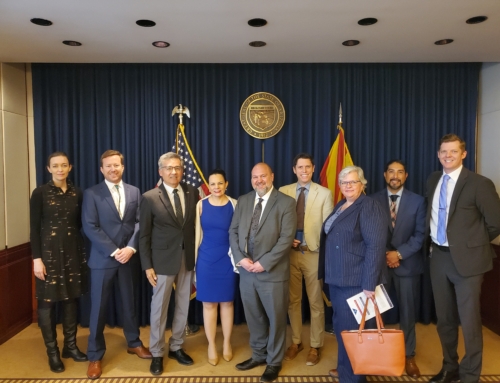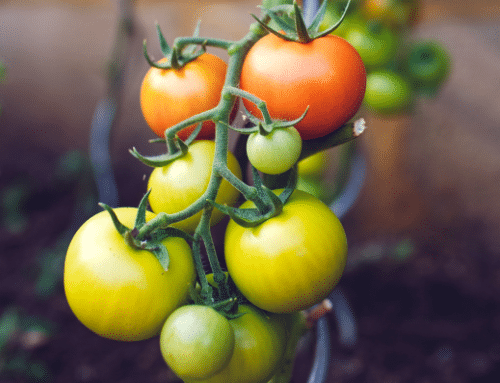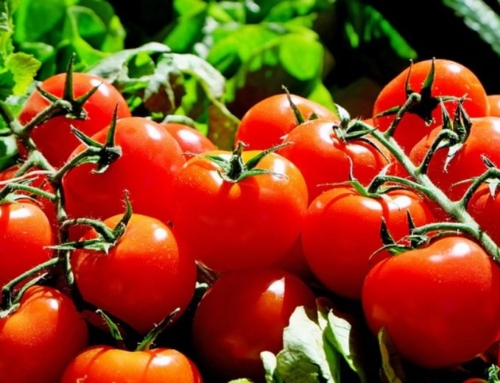NOGALES, Ariz. (Sept. 14, 2015) In order to face an evolving and competitive market and to take advantage of the great opportunities for growth and strengthening of all business, the Fresh Produce Association of the Americas has developed a series of seminars to address emerging and ongoing industry issues. The seminars will take place between the months of September and December.
“We are actively seeking ways to improve the well-being of our business members, we want to make sure to provide high quality material according to the needs an interest expressed by them. We are certain that these seminars will positively affect the everyday operations as well as the industry as a whole”
“We are actively seeking ways to improve the well-being of our business members, we want to make sure to provide high quality material according to the needs an interest expressed by them. We are certain that these seminars will positively affect the everyday operations as well as the industry as a whole”






